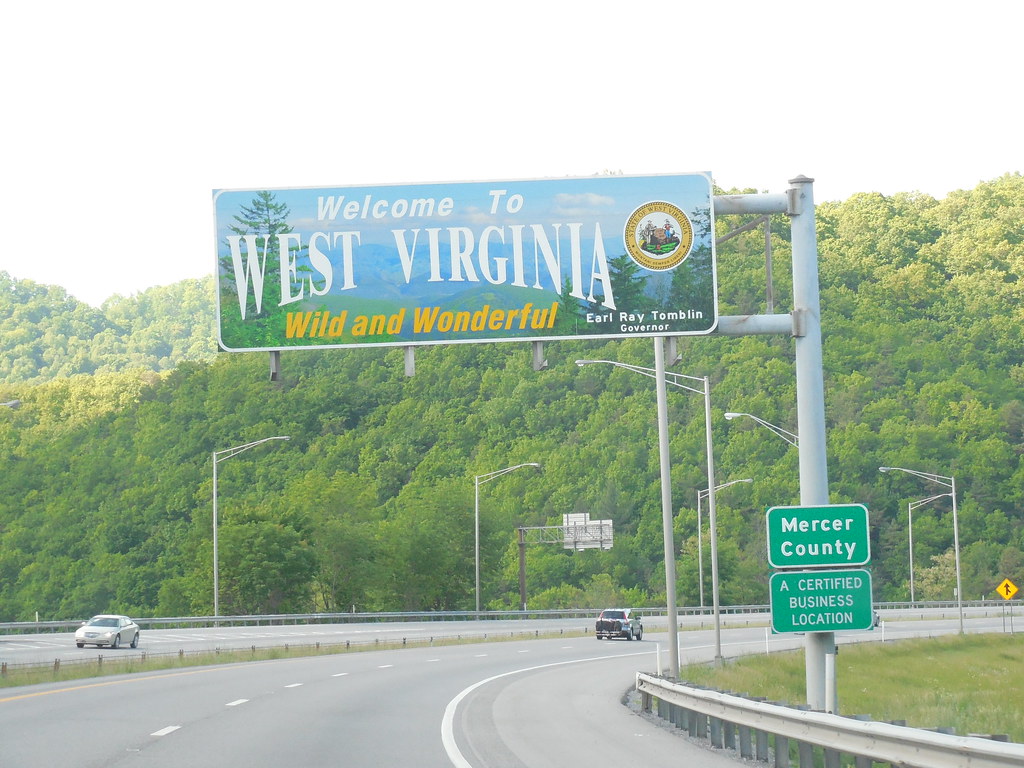West Virginia has long been considered the epicenter of the national opioid crisis. Because of its mountainous topography and low population density, it also faces some of the steepest transportation barriers in the country — especially for people who need to reach treatment for substance use disorders.
That’s been changing over the last five years, thanks to the State Opioid Response program and similar initiatives designed to supplement West Virginia’s limited transit systems. But with the epidemic growing every day, those resources are sometimes stretched thin.
“The drugs have increased in the past 20 years, and the problem is widespread,” said Chase Morano, a spokesperson for Westbrook Health Services. “The newest generation of illicit drugs are incredibly fatal. They’re so potent. The smallest amount of fentanyl to heroin could cause a lot of overdose.”
Because most overdoses involve multiple substances, statistics for the opioid crisis are inexact, but there’s virtually no organization that doesn’t rank West Virginia highest in the nation for per capita for deaths from drug overdoses, which increased by 156 percent between 2014 and 2020.
With just 74 people per square mile, West Virginia is also one of the least dense states in the country, and 22 of its 55 counties are not served by the state’s 18 public transit systems, which are collectively known as the West Virginia Public Transit Association. Some on-demand transit systems have to travel up to an hour outside of their typical service area to reach patients, which has required them to get creative and adapt.
The number of treatment centers in the state, meanwhile, has skyrocketed to 463 statewide which has helped fill the gaps left by the state’s lack of major hospital centers. But that doesn’t mean patients always have a way to reach them.
“Missing appointments because of no access to transportation, not having the tools to communicate frequently and efficiently, not having adequate support at home — these are all struggles,” added Morano.
Many organizations have been working to tackle that challenge. Huntington’s Appalachian Transportation Institute at Marshall University, for instance, launched a three-year pilot program in 2019 aimed at improving access to treatment for substance abuse disorders, providing a combination of bus passes, Lyft rides, and a shuttle system utilizing donated vehicles, as well as launching partnerships with non-emergency medical providers. As West Virginia’s second-largest city, Huntington has become one of the flashpoints of the opioid crisis, especially since the Oscar-nominated 2017 documentary “Heroin(e)” spotlighted that the city had an opioid death rate ten times the national average. Despite the scale of the region's challenges, the transportation program seemed to be a huge success; survey results showed that 808 out of 984 participants in the Institute’s transportation program ‘strongly agreed’ that it helped their treatment.
Many participants, though, struggled to take advantage of the shared transportation options the program offered — and those close to the program say “transit anxiety” was often to blame.
“We encountered [those who were] reluctant to use transit because of the lack of understanding of it,” said Tom Smith of the Appalachian Regional Commission, which supplied the grant that launched the program. “In the case of a mother, for example, who would have the whole bus watching her get a stroller on the bus or the quiet child,” he said in a 2021 interview.
COVID-19 complicated matters even more. And as quarantine orders waned, the program was also expanded to provide transportation to in-person court appearances, leaving a gap in coverage for those who needed those services to reach treatment.
“What started out with a fury fizzled for a while,” said Jennifer Woodall, who was the project manager for the West Virginia Public Transit Association when it collaborated on the project. “I believe West Virginia likely experienced a recovery setback during COVID.”
In the years since Huntington’s transportation pilot wound down in 2021, the focus has shifted away from helping addicts access care through the state’s transit systems, leaving patients to rely on non-emergency medical transport providers. Telehealth appointments have also helped, though West Virginia still ranks at the very bottom of all states for broadband access. Moran also notes that the service occasionally faces the issue of having no available drivers, and that it doesn’t cover transportation to court.
These types of barriers — not to mention the dire nature of the substance abuse crisis itself — requires West Virginia to go to great lengths to ensure that everyone who needs treatment can access it. However, it also serves as an ample reminder that with enough government coordination, that access is possible, even for those who don't or can't drive.






